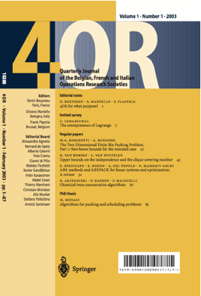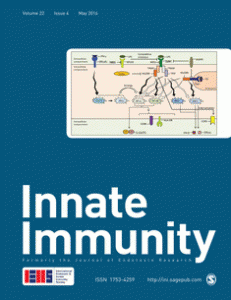 When a computer scientist approached a journal about editing a special issue, little did the journal know he — or she — was using a stolen identity.
When a computer scientist approached a journal about editing a special issue, little did the journal know he — or she — was using a stolen identity.
Before the jig was up, someone posing as a researcher named Xavier Delorme had edited three articles on optimization problems for The Scientific World Journal. The scammer used a fake email address, the publisher told Retraction Watch — a common strategy for duping journals in peer review scams. When the real Delorme, who works at École Nationale Supérieure des Mines de Saint-Etienne in France, began receiving correspondence about articles he had no involvement in, fake Delorme’s cover was blown.
Upon closer look, the publisher found evidence that peer reviews for some articles may have been submitted using phony identities, as well. The publisher has been unable to identify anyone responsible for the scam.
Here’s the retraction notice, which now appears on five articles from the special issue:
Continue reading Imposter edits journal in latest peer review scam



 Recently, the editors of a journal about management science received a submission from a prominent Dutch economist. But something didn’t feel right about it.
Recently, the editors of a journal about management science received a submission from a prominent Dutch economist. But something didn’t feel right about it.




